While several vape manufacturers have begun to challenge the FDA’s arbitrary rulings with some success, it is not a given that everyone will succeed. Breeze Smoke, based in Michigan, USA, have recently had their motion for a stay denied by a federal court. The decision, made on November 12,, 2021, was not unanimous, nor was it without controversy. There were several points raised by the decision, and interpretive use of the language used by the FDA in its decisions played a key part.
What is a Stay and Why Was Breeze Smoke Denied?
Breeze Smoke was one of the hundreds of vape manufacturers who have had their ability to market and sell vaping products in the USA withdrawn under what is known as a Marketing Denial Order (MDO). Understandably they, and others, have challenged this ruling, requesting a stay to the FDA’s rejection of their product applications.
A stay occupies a sort of in-between area with regards to the law. While their products are considered under review, a company is still permitted to market and sell them. A denial of a stay essentially means that the MDO stands. They are prohibited from providing that product to the public.
An appeal court considers four things when deciding whether or not to grant a stay: –
- Whether the applicant makes a strong showing that their case will succeed on its merits
- Whether the applicant will be harmed if a stay isn’t granted
- If a stay will harm another party if it is granted
- If it is in the public interest.
The motion also mentions that the first two points hold the most weight.
In the case of Breeze Smoke LLC vs. The US FDA, it was ruled that Breeze Smoke’s case would not succeed on its merits and was therefore denied.
Interestingly, the motion itself states that several areas are ‘hotly contested’.
The FDA requires that all applications for ‘new’ tobacco products meet a minimum standard and demonstrate that they are appropriate for the protection of public health. According to the FDA’s own website: –
“A Premarket Tobacco Product Application (PMTA) can be submitted by any person for any new tobacco product seeking an FDA marketing order, under section 910(b) of the Federal Food, Drug, and Cosmetic (FD&C) Act. A PMTA must provide scientific data that demonstrates a product is appropriate for the protection of public health.”
Appropriate Data for the Protection of Public Health?
What counts as “scientific Data”?
The FDA has been unclear and inconsistent in what they would be willing to accept.
This point underpinned Breeze Smoke’s motion. They argued that they had supplied evidence of the following to the FDA: –
- A literary review shows that vaping is less harmful than smoking.
- Information showing that its products occupied the above category.
- A survey performed by Breeze Smoke demonstrated an adult preference for flavored vapes.
- A detailed plan showing that Breeze smoke sought to only market to adults.
The FDA subsequently denied Breeze Smoke’s application, stating that their supporting documentation and research lacked “longitudinal cohort studies and randomized controlled trials”.
Breeze also argued that the FDA has signaled a willingness to accept some forms of evidence instead of the above trials. The court noted a difference in the term “might” as in “might accept other evidence” and “must”.
Regardless of the unfavorable outcome, there are several interesting points raised in this case.
While disagreeing that the FDA had pulled a “surprise switcheroo’, the court didn’t allow the FDA to escape unscathed.
It was particularly critical of the FDA in that they should have reviewed all of the supporting documentation in Breeze Smoke’s application before issuing an MDO. It stated: –
“The FDA likely should have more thoroughly considered Breeze Smoke’s marketing
plan. Agency action must consider “the relevant factors” when reaching a decision. It may not
entirely fail to consider an important aspect of the relevant regulatory task”.
The FDA argued that they didn’t review the material, particularly a marketing study performed by Breeze Smoke, as it wouldn’t have made the decision anyway.
While this is an explanation, it is not a justification.
Essentially stating that “we don’t bother with the evidence that we don’t agree with” is hardly the behavior one should expect from a government body whose task should be to impartially protect the public’s health.
The decision was not undivided. While it was a 2-1 majority ruling, the third dissenting judge cited the recent stay awarded to Triton by the Fifth Circuit Court of Appeals. It should be noted in that case, the decision to grant a stay was unanimous.
It is also worth noting that in the case of Triton, the FDA was criticized heavily for several reasons, these included: –
- The PMTA process being ‘onerous.’
- The FDA ‘moving the goal posts’
- Requirements by the FDA for manufacturers to provide long-term studies after indicating that these wouldn’t be necessary.
- The FDA failed to consider the relevant issues and give reasonable explanations.
- The substitution of ‘reasoned decision making’ in the interest of expediency.
- The agency making decisions first and explaining the why of those decisions afterward.
Interestingly, in Triton’s case, the court also stated that the FDA failed to consider Triton’s marketing plan. This echoes the sentiments of the latest ruling on Breeze Smoke, albeit with a different decision…
As the FDA themselves state in their “Final Ruling”: –
“Marketing and promotion is relevant to, and indeed a critical factor in, FDA’s statutorily required determination of the likelihood that nonusers, including youth, will use a new tobacco product.”
While some could be perplexed that this could therefore be ignored in the case of Breeze Smoke, the reason this happened has already been explained.
It would appear that the FDA had already made up its mind to issue the MDO.
Who Else is Making Challenges to the FDA?
While the decision awarded to Breeze Smoke is unfavorable, the good news is that plenty of other vaping companies are being proactive in responding to the FDA’s “arbitrary and capricious” edicts. As a result, several MDO’s have been rescinded, and others have been granted a stay, allowing them to keep trading, at least for the time being, while their products are subject to scientific review.
The companies that have so far filed motions for a stay (and in some cases have had a stay granted) include: –
- Turning Point Brands (MDO rescinded)
- Triton (Stayed pending review)
- Gripum (Stayed pending review)
- My Vape Order (Stayed pending review)
- Fumizer (Rescinded pending review)
- Bidi Vapor (Stayed pending review)
- ECS Global (MDO partially rescinded)
- AVAIL Vapor (Stayed pending review)
- Humble Juice (MDO rescinded)
The Bottom Line
It has been legally documented that the FDA has been remiss in its handling of Premarket Tobacco Applications, and bearing in mind the extent of the number of applications rejected and the very few approved, there will be more to follow.
The FDA has been inconsistent in the messaging and application of its own rules from the start and has focussed on making a decision instead of properly considering its decisions. While the most recent case with Breeze Smoke has led to a (hopefully temporary) disadvantageous situation, it has only served to further highlight the flaws in the FDA’s reasoning and processes.
Hopefully, the above list is the thin end of a successful wedge for the vaping industry, and more manufacturers and suppliers will follow the lead of the above companies and launch challenges to the FDA’s decisions.

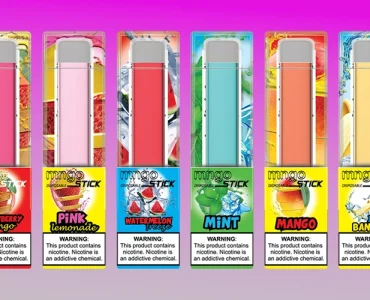


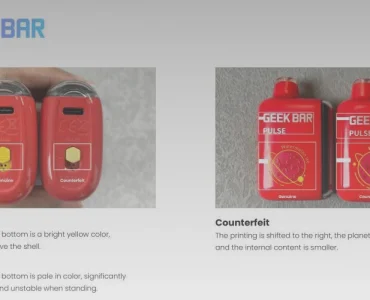
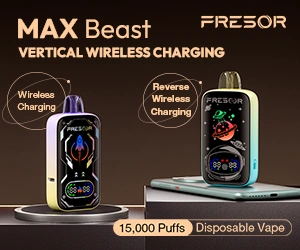
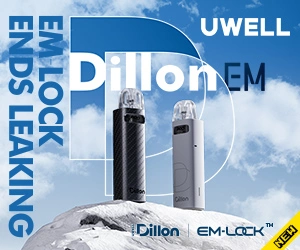
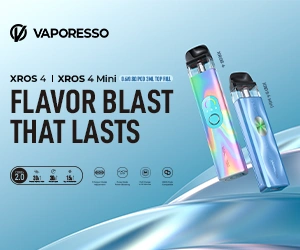
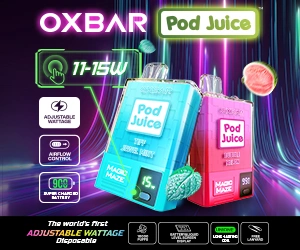
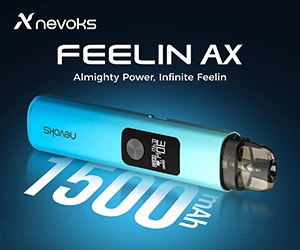
Add comment